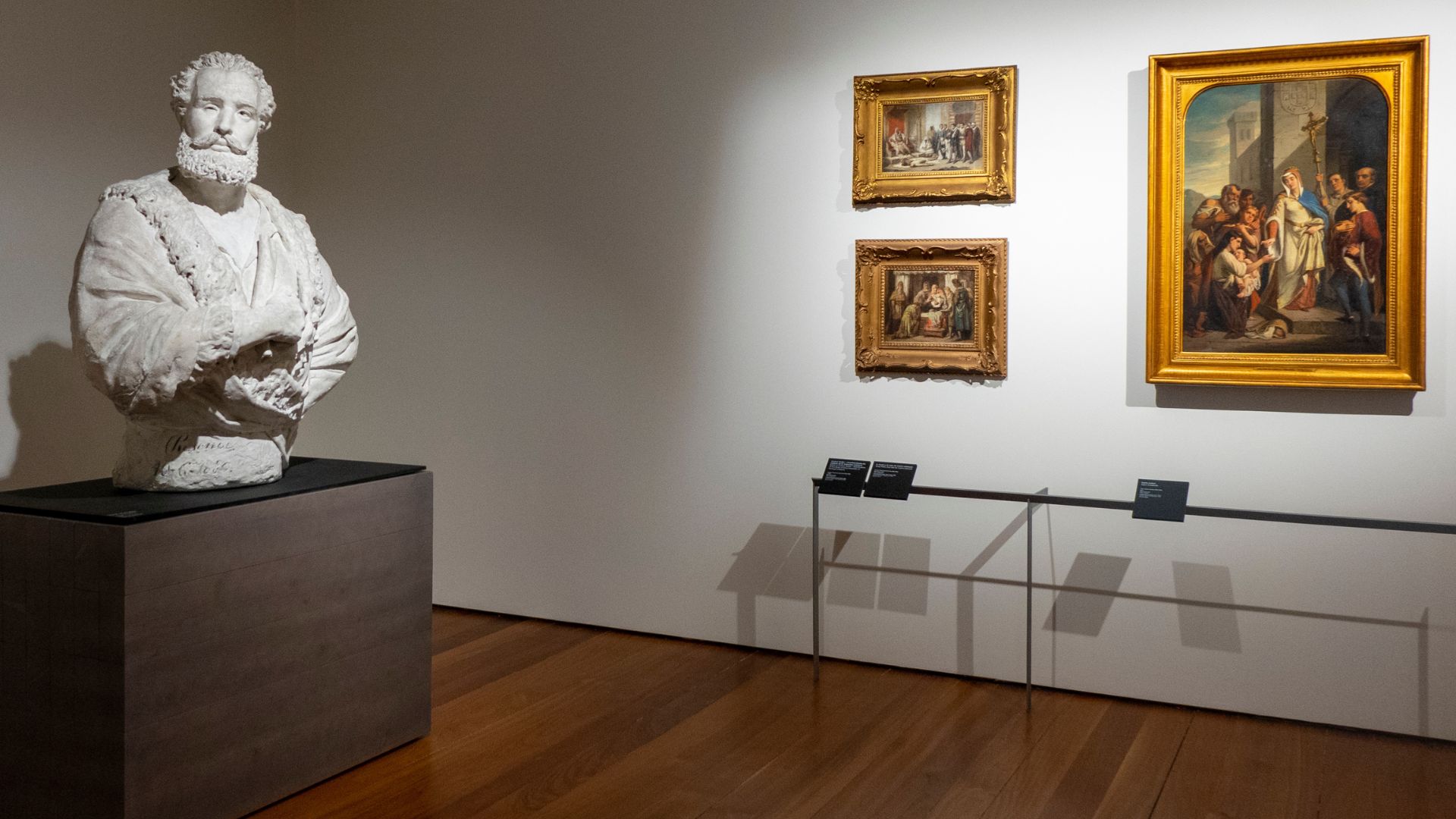Even though it isn’t consensual, due to the lack of documentary sources to prove it, Luís de Camões is thought to have been born on January 23rd, 1524.
Considered one of the most important figures of the Portuguese literature, Camões is the author of Os Lusíadas, being acclaimed as one of the main voices of the world epic literature.
It’s estimated that Camões’ birth had occurred somewhere in the first half of the 16th century, in the year of 1524, with his death transpiring on June 10th, 1580, date in which is celebrated the national holiday, Day of Portugal, Camões and the Portuguese communities.
There are more uncertainties than certainties about his life’s journey, but it is believed that he had Lisbon as the main city of his life, as well as the presence of Coimbra, in which he learnt Latin, and what had been lived and written in the centuries before his life.
He was a court member, in the position of lyrical poet, although he took on an incautious life, that led him to a self-exile in Africa. It was there, as a Portuguese military officer, that Camões lost his right eye, ending up returning to Portugal. However, he would travel again, this time to the East, where he wrote Os Lusíadas, a masterpiece that he almost lost in the high seas.
Camões, whose bust is part of the long-term exhibition, dedicated Os Lusíadas to to King D. Sebastião, who would secure him a pension for his previous presence in the crown, even though he died in a depleted way, before the disappearance of the monarch in in the battle of Alcácer-Quibir. His poetry would endure in “Rimas”, as well as some plays, which would foster a prestigious legacy, not only in Portugal, but also in other countries, inspiring a series of literary currents and romantic authors.
Apart from Os Lusíadas, Camões wrote three comic plays, as he frequently complained, that his oeuvre was never truly appreciated for those who he wrote them for: the Portuguese.
The true recognition would only arrive after his death, having 55 years old at the time. His mortal remains can be found buried in the Jerónimos’ Monestry.

